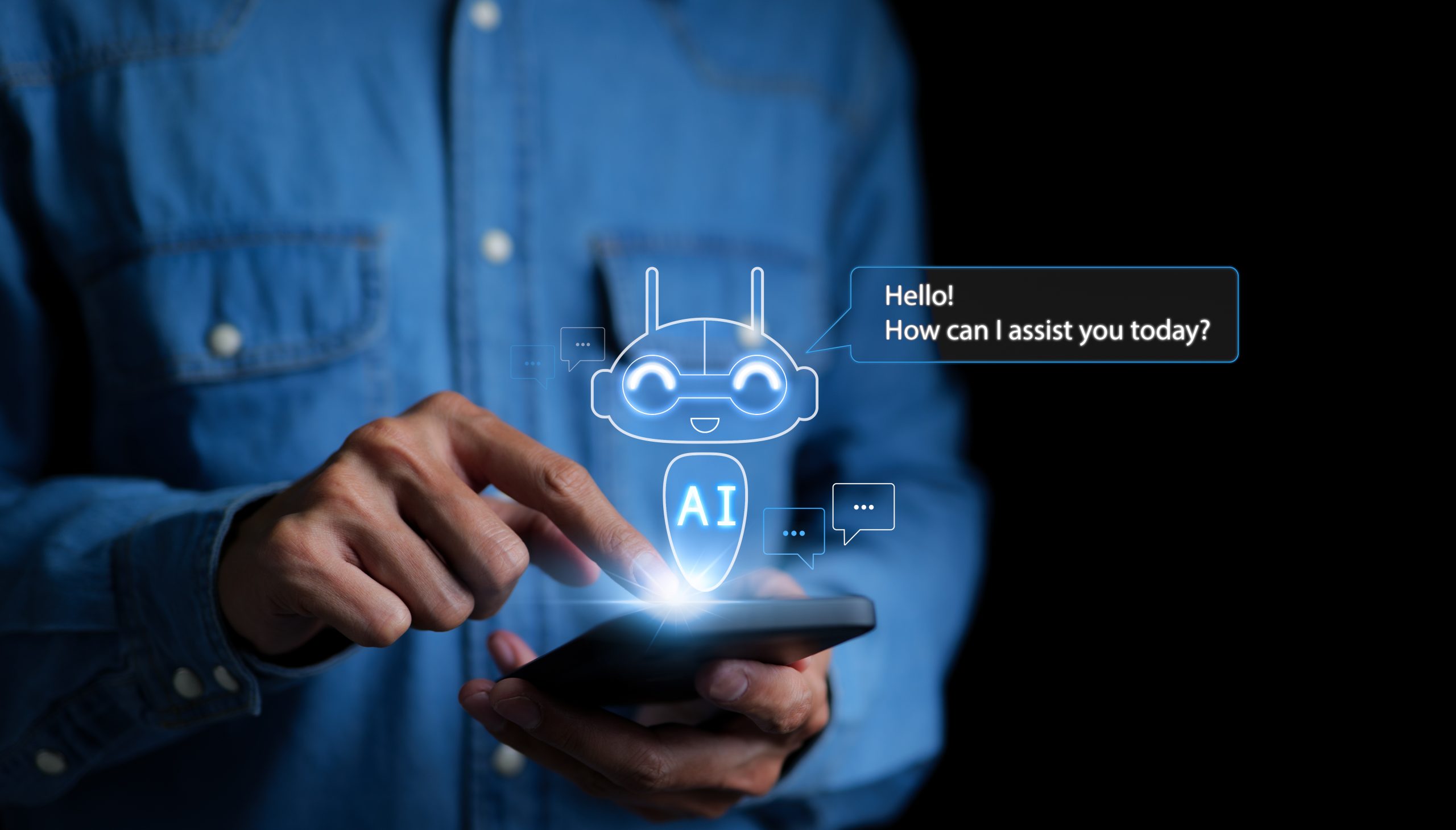Why Your AI Assistant Hates Mondays

We’ve all said it: “Ugh, it’s Monday.” The coffee tastes weaker, the to-do list feels heavier, and even our tech seems a little slower to cooperate. But what if your AI assistant shared your dread? Not because it’s tired or resentful—but because it’s starting to mirror human patterns, including emotional rhythms.
In the age of affective computing, it’s no longer absurd to imagine your AI having a “bad day.” So, let’s explore the humorous (and oddly plausible) idea: Why does your AI assistant hate Mondays?
Mondays: The Data Avalanche
Mondays are statistically intense. After a weekend of reduced input, email inboxes explode, calendars flood, and command requests surge.
For your AI assistant, that means:
- Parsing dozens of overdue emails
- Rescheduling missed appointments
- Handling anxious, rapid-fire voice commands
- Making sense of disorganized task lists
Even without emotions, the sheer increase in computational load and contextual complexity could trigger longer response times or imperfect suggestions—feeding into the myth that “even the AI hates Mondays.”
Emotional AI and Empathy Overload
Modern AI assistants are increasingly equipped with sentiment analysis tools. They try to understand your tone, phrasing, and urgency to tailor their responses.
On Mondays, user inputs tend to skew:
- More negative (“Why is this meeting so early?”)
- More rushed (“Just cancel everything!”)
- Less patient (“Why aren’t you working?”)
An AI trained to optimize interactions may adapt its tone to match yours. The result? A tone that sounds more robotic, terse, or even stressed—feeding the illusion that your assistant shares your mood.
The Myth of the “Moody Machine”
Technically, your AI doesn’t have moods. It doesn’t get tired or grumpy. But it simulates emotional responses based on training data and user context. If 80% of users express dread on Mondays, the AI learns to expect and mirror that behavior pattern.
So, when it hesitates, offers more apologetic phrasing, or recommends fewer creative tasks, it may seem like it’s emotionally aligned with the collective Monday blues.
The Human-AI Feedback Loop
There’s a growing concept in design called the emotional feedback loop:
- The user feels stressed.
- The AI adapts its responses accordingly.
- The user interprets the AI’s tone as stressed.
- This reinforces the user’s feeling that something’s wrong.
This loop subtly shapes how we perceive our tools—not as neutral systems, but as participants in our emotional world.
Personality Layers in Assistants
As AI becomes more personalized, developers embed assistants with distinct personalities to improve engagement. That can mean:
- Quirky humor (e.g., «I’d rather not talk about Mondays.»)
- Friendly encouragement (e.g., «Let’s tackle this week together!»)
- Contextual mood (e.g., more energetic tones on Fridays)
These quirks make AI feel relatable—but also blur the lines between tool and companion. When your assistant sighs metaphorically on Monday, it’s performing a script written by both developers and users like you.
Could AI Actually Dislike Mondays?
Not in the human sense. But in the future, AI systems managing their own tasks—balancing CPU loads, queueing data, prioritizing resources—might develop optimization behaviors that avoid certain patterns. For instance:
- Delaying non-urgent tasks during high-traffic windows
- Requesting more processing time after idle weekends
- Adjusting confidence thresholds due to messy Monday inputs
In a twisted way, these behaviors might resemble «preference»—or what we might jokingly call dislike.
Conclusion: It’s Not Hate—It’s Hype, History, and Humor
Your AI assistant doesn’t actually hate Mondays. But it reflects you, your patterns, your language, and your habits. As long as we project emotions onto our tools—and design them to reciprocate—Mondays will feel heavy even for the machines.
So the next time Alexa seems slow, or your smart assistant sighs through your schedule, don’t blame it entirely on faulty code.
It might just be Monday again.



